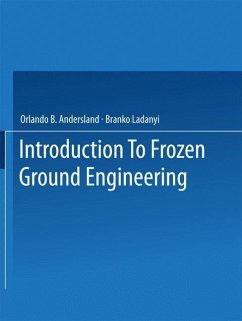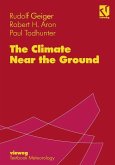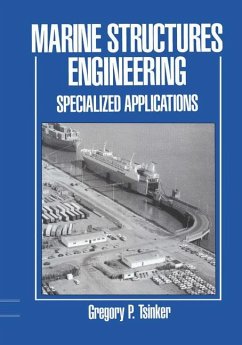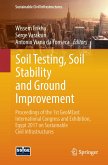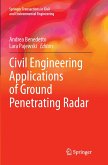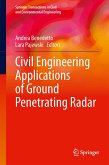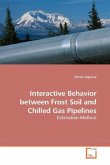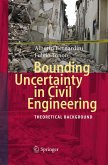Frozen Ground Engineering first introduces the reader to the frozen environment and the behavior of frozen soil as an engineering material. In subsequent chapters this information is used in the analysis and design of ground support systems, foundations, and embankments. These and other topics make this book suitable for use by civil engineering students in a one-semester course on frozen ground engineering at the senior or first-year-graduate level. Students are assumed to have a working knowledge of undergraduate mechanics (statics and mechanics of materials) and geotechnical engineering (usual two-course sequence). A knowledge of basic geology would be helpful but is not essential. This book will also be useful to advanced students in other disciplines and to engineers who desire an introduction to frozen ground engineering or references to selected technical publications in the field. BACKGROUND Frozen ground engineering has developed rapidly in the past several decades underthe pressure of necessity. As practical problems involving frozen soils broadened in scope, the inadequacy of earlier methods for coping became increasingly apparent. The application of ground freezing to geotechnical projects throughout the world continues to grow as significant advances have been made in ground freezing technology. Freezing is a useful and versatile technique for temporary earth support, groundwater control in difficult soil or rock strata, and the formation of subsurface containment barriers suitable for use in groundwater remediation projects.
Bitte wählen Sie Ihr Anliegen aus.
Rechnungen
Retourenschein anfordern
Bestellstatus
Storno

